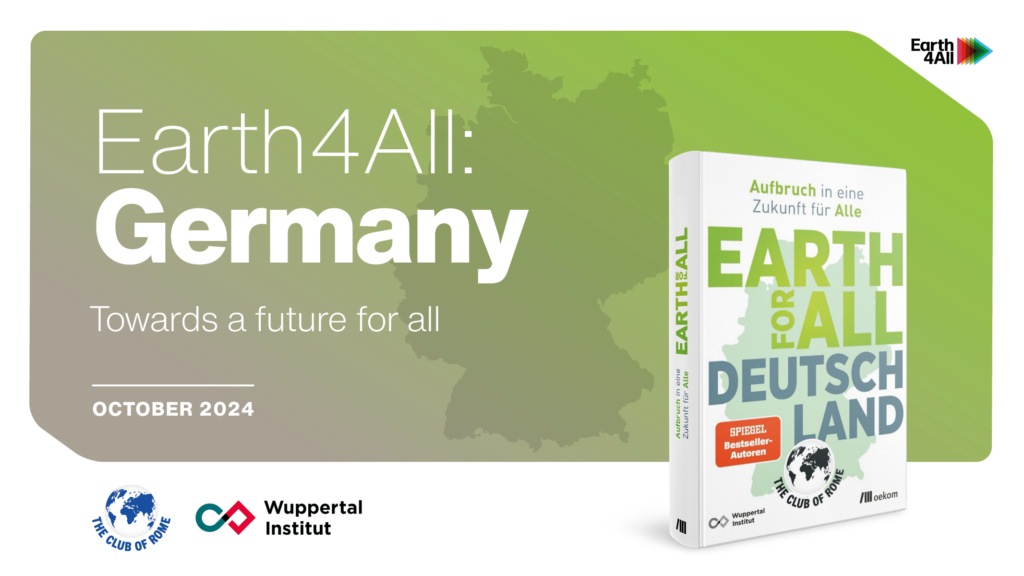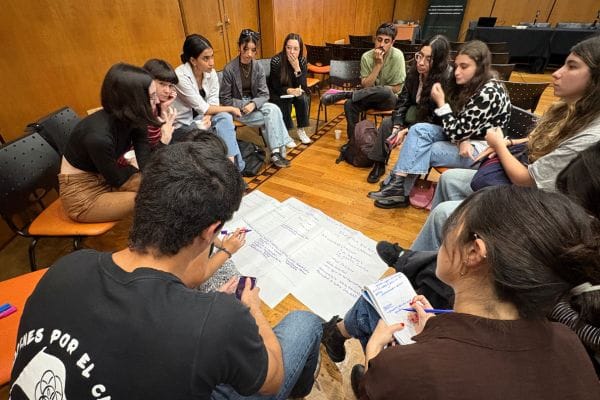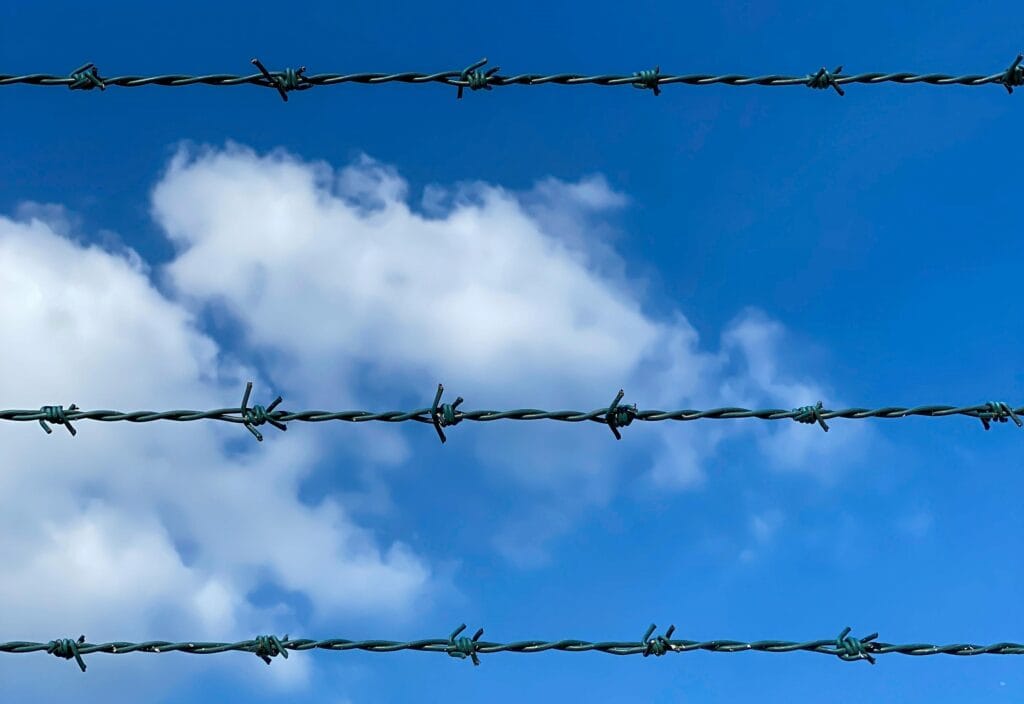
In the midst of numerous crises and intensified social debates, we seem to be faced with a choice: Do we save the German economy, do we ensure a dignified life for all or do we stop climate change? In their new book “Earth for All Germany: Towards a Future for All”, the Wuppertal Institute and The Club of Rome make it clear that this does not have to be a choice.
The book explores possible strategies to address the current challenges facing Germany, and demonstrates how it is possible to overcome environmental crises while safeguarding democracy and prosperity. It shows that by pursuing all three goals together, the solutions can complement each other and provide co-benefits.
Despite the current global, interrelated crises and increasing social tensions, the book shows that we still have the opportunity to shape a future worth living. “We need to focus much more on the opportunities and immense potential,” says Manfred Fischedick, President and Scientific Director of the Wuppertal Institute. “We already have the necessary technical and political solutions. However, it is important that we combine them skilfully and think about the social and ecological aspects together. If we do this then a sustainable transformation is possible.”
Based on data analysis carried out in collaboration with the Wuppertal Institute and the Millennium Institute, the authors developed two future scenarios for Germany:
Too Little Too Late – where we continue a path of business as usual which exacerbates the current crises; and the Giant Leap – where transformative actions enable us to achieve wellbeing for all within the planetary boundaries.
In order to ensure good living conditions for all in the long term and to be able to deal with crises in a resilient manner, the authors address the need for five extraordinary turnarounds:
- Eliminate poverty
- Reduce inequality
- Empower women
- Transform food systems
- Transform energy use
In addition, in a country with very high resource consumption such as Germany, there is a need to switch from today’s highly linear economy to a circular economy.
The book shows examples of possible solutions for each of the turnarounds and emphasises that it is important to approach the turnarounds with a common, interlocking strategy. The key message is that if all the turnarounds are implemented together, they can strengthen each other. After all, an ecological transformation will only work if everyone has the opportunity to participate and social inequalities are reduced.
“Considering the challenges ahead, a socio-ecological transformation is the practical choice. We can no longer continue with business-as-usual. The cost of inaction to the current crises and changes caused for example by climate change, are significantly higher than those of a transformation.” says Till Kellerhoff, co-author and programme director of The Club of Rome.
The authors do not claim to be able to provide all the answers to today’s challenges, however the book is intended to offer a starting point for discussion amongst policymakers, civil society and businesses.
The German Earth4All initiative is embedded in the international Earth4All project and describes possible solutions in a national context. Co-author Peter Hennicke, member of the Club of Rome and Senior Advisor at the Wuppertal Institute, comments: “Policy measures must be tailored to the unique circumstances of each country and region. For example, an additional resource transition is particularly important in industrialised Germany. Joint implementation – especially with the energy, food and inequality turnarounds – will result in positive synergy effects that can shorten the path to a wellbeing society.”



